
In November 2009, the Bureau of Industry and Commerce in the city of Haikou in south China's Hainan Province issued a warning regarding Nongfu Spring's 30-percent mixed vegetable and fruit juice, as well as its C-100 grapefruit juice, due to high arsenic content.
The charges against Nongfu Spring were later cleared by the national consumer quality watchdog.
Analysts said the scandal underscores the challenges facing China's food and drinking water safety, as the country has "too many" rather than "too few" criteria concerning food safety.
Chen Junshi, an analyst with the China National Center for Food Safety Risk Assessment, said enterprises are only allowed to adopt local standards in exceptional cases when there are no relevant national standards. Exceptions are also made for companies operating under unique regional conditions that are considerably different from elsewhere in the country.
"Nongfu Spring's products do not meet the requirements for such an exception," Chen said.
China has formulated nearly 5,000 compulsory food safety criteria due to its excessive number of government departments, according to Wang Guojun, a member of the Committee of Experts of the China Food Industry Association.
Wang said the government should clean up the criteria and adopt new standards with the broad participation of enterprises, industrial associations, experts and the public.
"In fact, the current controversy over the criteria is all about interests," Wang said, "if the government fails to voluntarily upgrade industrial standards, enterprises will stay silent over cost concerns."
"The revision of such criteria, if there is any revision, should not be manipulated by large enterprises," Wang added.

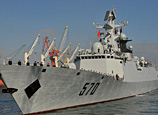
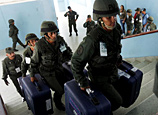
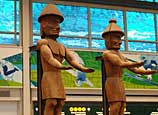
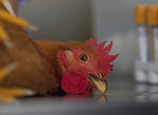
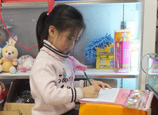
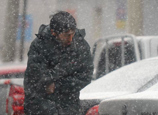

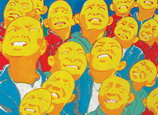
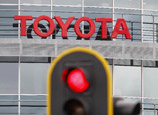
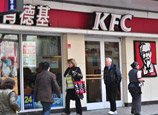






 WWII TV dramas border on the ridiculous
WWII TV dramas border on the ridiculous


![]()
